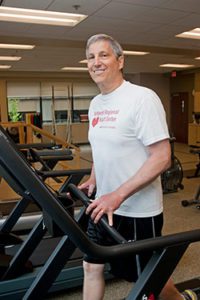 It’s American Heart Month, when you should give your heart a little bit of love. That’s because it can take months to get your heart back into shape following a heart attack.
It’s American Heart Month, when you should give your heart a little bit of love. That’s because it can take months to get your heart back into shape following a heart attack.
Just like you need physical therapy after joint replacement surgery, your heart needs close monitoring and a little care to build up its strength after a serious health event, such as a heart attack, valve repair or heart failure.
Adventist Health’s cardiac rehab team of cardiologists, nurses, exercise specialists and other heart health experts can help you get back to doing the things you love and improve your quality of life.
Cardiac rehab could even save your life, or the life of your loved one. That means more X’s and O’s for your entire family this February.
What is cardiac rehab?
Cardiac rehab is a customized plan to help you recover from a heart condition. The plan depends on your health and lifestyle choices leading up to the cardiac event.
A lifetime of poor diet, a lack of exercise, smoking, and other factors can make recovery more difficult and affect what your corrective health plan might look like. Addressing mental health problems can also be part of cardiac rehab.
“Our cardiac rehab team takes a holistic approach to improving heart health,” says Dr. Mark Hart, a cardiologist at Adventist Health’s Northwest Regional & Vascular in Portland, OR. “We work with patients to develop an exercise routine, improve diet and reduce their stress, but we also consider their mental health and overall wellness after a cardiac event. That’s important for diagnosing underlying health conditions that might contribute to another heart problem down the road or prevent a patient from getting better.”
Having a trusted team monitoring real-time progress can provide a calming atmosphere and alleviate mental health problems, which makes it easier for patients to focus on improving physical health.
Cardiac rehab can prevent another heart attack, and even save your life
Getting back to doing what you love, whether it’s playing with your grandkids or golfing on the weekend, is our top priority. Cardiac rehab can help. It’s proven to reduce heart disease symptoms, prevent or reverse blood vessel damage, increase strength and stamina, and extend life.
If you’ve had a heart attack in the past year, angioplasty or a stent, chronic stable angina, or heart failure, Medicare will help pay for you to have up to 36 sessions of cardiac rehab.
Finishing at least 25 of those sessions will reduce the chance of another heart condition by up to 30 percent. And people who go through cardiac rehab programs have mortality rates that are 21-43 percent lower. Cardiac rehab saves lives.
That’s reason enough to ask your doctor about cardiac rehab and to see if you qualify for support.
“Patients who go through cardiac rehab typically see better physical improvements than patients who don’t,” says Hart. “Providing an environment where patients exercise, get nutritional advice and can speak with healthcare providers one-on-one about their heart health goals can help people get better.”
Surprisingly though, only 14-35 percent of heart attack survivors participate in a certified cardiac rehab program. Those numbers are rising for Adventist Health’s certified cardiac rehab program, which has seen a 13 percent increase in the past four years.
Take control of your heart health for American Heart Month
 Cardiac rehab isn’t prescribed as often as it should be following a cardiac event, and it’s easy to miss signs of heart disease. For instance, chronic stable angina, or chest pain, is often over-looked by patients, but it can be a sign of a major heart problem.
Cardiac rehab isn’t prescribed as often as it should be following a cardiac event, and it’s easy to miss signs of heart disease. For instance, chronic stable angina, or chest pain, is often over-looked by patients, but it can be a sign of a major heart problem.
People should talk with their primary care provider about post heart attack treatment and cardiac rehab options. Family members and friends should also feel empowered to ask questions and suggest cardiac rehab to loved ones who have experienced a heart attack.
Knowing what healthcare resources are available to you after you’ve had a heart attack or cardiac event is important. Talk with your provider, ask questions, and don’t be afraid to request help, because it could save your life.

